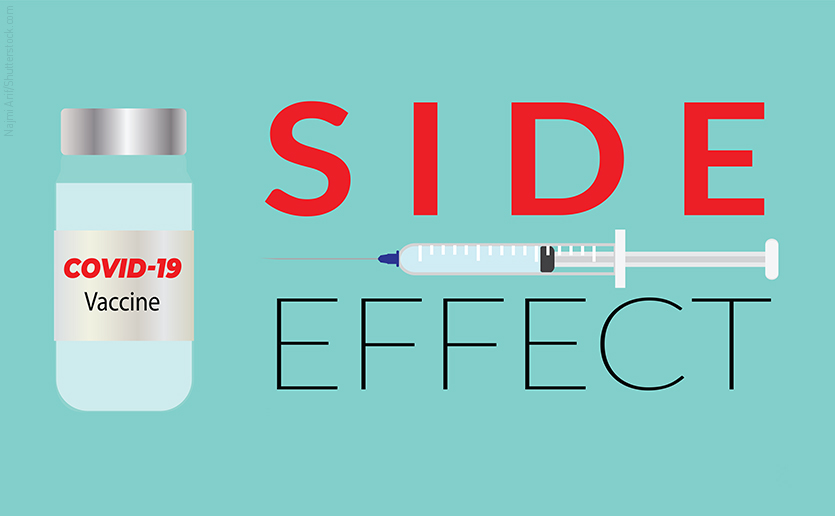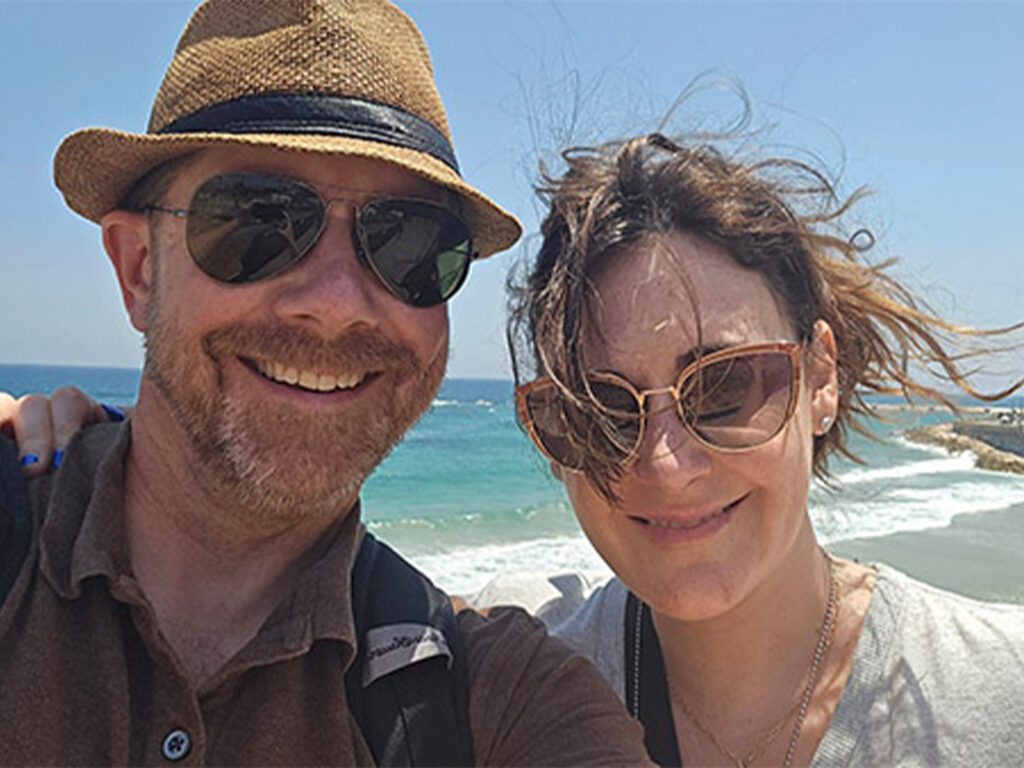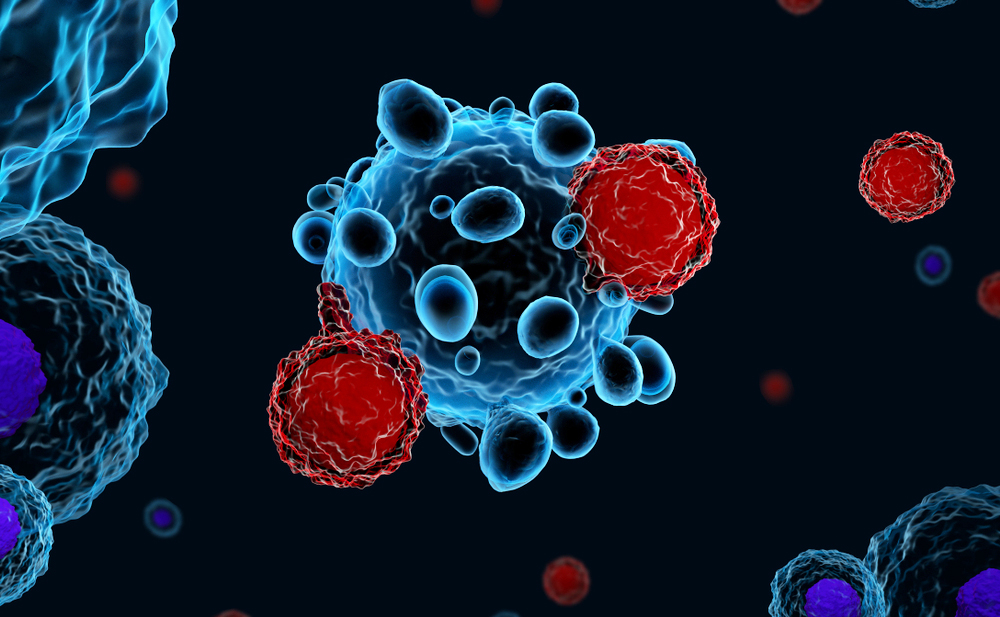Two years ago, the leaders of the Breast Cancer-Related Lymphedema Research Program at Massachusetts General Hospital would not have predicted that their work would be related to the side effects of a vaccine for a worldwide pandemic.
From the testing data for the vaccine, we noted that lymph node swelling was a fairly common side effect of both the Moderna and Pfizer vaccines.
It wasn’t just fate. Alphonse Taghian, MD, PhD, director, and Cheryl Brunelle, PT, MS, CCS, CLT, associate director of the program, talk about lymphedema, their research and what patients should know about the lymph node swelling and the COVID-19 vaccine.
Ms. Brunelle: Lymphedema is characterized by swelling that can happen after lymph node removal or radiation to the lymph nodes during breast cancer treatment. From the testing data for the vaccine, we noted that lymph node swelling was a fairly common side effect of both the Moderna and Pfizer vaccines.
For patients who’ve been diagnosed with breast cancer, this could be terrifying — thinking they might be having a recurrence. It could also be scary for patients at risk for breast cancer who don’t know that swelling is a common side effect, or for those at risk of or with lymphedema. It’s very important to educate women and help them understand how to decrease their risk and reach out for medical help when they need it.

What should patients know about getting the vaccine?
If they have no contraindications [any reason to not have a particular treatment or procedure because it may be harmful] to receiving the vaccine, Mass General would like to encourage patients to receive the vaccine. The main recommendation that we have is that the patient receives the vaccine on the unaffected side. Many women who have had breast cancer have unilateral surgery, so they have an arm that is unaffected, and we’d like them receive the vaccine there. If they’ve had lymph node removal on both sides, our suggestion is that they receive the vaccine in the thigh, and Moderna and Pfizer both list the thigh as an acceptable alternative site.
Visit this website for Mass General’s recommendations, available in several languages, about receiving the vaccine after lymph node removal for cancer treatment.
How are you collecting data about lymphedema and the COVID-19 vaccine?
All women who have been diagnosed with breast cancer and have had contact with our screening program will receive a survey. They are asked to record their side effects from the vaccine and whether their risk of lymphedema or their breast cancer history affected their choice to receive the vaccine. We also monitor their side effects beyond their first and second doses. This will help us better understand how the vaccine is affecting our patients and how to educate patients in the future regarding the vaccine.
Can you tell us more about lymphedema and how your program has evolved?
Dr. Taghian: Lymphedema can appear as swelling in the breast, trunk, arm, or hand on the side of breast cancer treatment. Once lymphedema is established, treatment becomes challenging, and, in some cases, the patient will live with it all her life.

Screening mammograms is one of the main reasons why breast cancer became more curable. We thought that early detection and early treatment could also prevent lymphedema from becoming more advanced. And that was the whole basis of our program.
When we started in 2005, our goal was to raise awareness. Health care providers were not aware of the tremendous impact of lymphedema on the patient’s quality of life. To date, our program has screened more than 5,500 patients and has raised awareness about lymphedema nationally and internationally. Our Mass General screening program became one of the leading programs internationally, and several large institutions are following our model.
We are grateful to those who believe in our cause and sustain us today, and we hope in the future to expand our program and help even more women.
Ms. Brunelle: As soon as the news hit that lymph node swelling was a side effect of the COVID-19 vaccine, we started to get calls, and people reached out, not just from Boston, but from throughout the country. We initiated contact with national and international organizations and suggested that we should all come together. This is a worldwide pandemic. There is a worldwide need for vaccines. We should be sending the same message to patients at risk. And it the meantime, we continue to study this to help inform our patient care, because the vaccine isn’t going away.
How does philanthropy play a role in your work?
Dr. Taghian: Philanthropy started this program and helped generate preliminary data. Screening requires expensive equipment and tools and manpower — and philanthropy has made this possible. We are grateful to those who believe in our cause and sustain us today, and we hope in the future to expand our program and help even more women.
Your donation will advance the work of the Lymphedema Research Program. For more information, please contact us.





